Ancient beneficial properties of coriander - useful to know
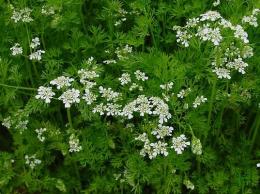
Is it any wonder that the beneficial properties of coriander have long been known. The plant is believed to have originated in the Eastern Mediterranean. Its properties have long been appreciated by cosmetologists. There was no such profession before. But people have been caring about the beauty and health of skin and hair for a long time.
Coriander and its benefits
Have you decided to plant coriander? This plant with small flowers is known for its taste. This plant is also called “Chinese parsley”. In Asia, cilantro has long been known as a seasoning. 5 thousand years BC already knew about coriander. Its leaves contain spices, and its seeds contain spices. What can you say about its characteristics?
- Chewing coriander seeds is known to slow down intoxication and reduce the smell of alcohol;
- Coriander oil serves as an assistant in the digestion of heavy foods, and also removes toxins;
- With cilantro, a variety of foods are digested faster, and there is no feeling of heaviness;
- It is believed that coriander is popular among long-livers - for example, in the Caucasus;
- Its composition is supplemented by ascorbic acid, as well as carotene;
- There are also vitamins B and P.
It is known that coriander helps improve the functioning of the cardiovascular system, as well as the digestive tract. The blood receives nutrition, the condition of blood vessels improves. There are antiseptic, diuretic and choleretic effects. Serves as a good quality painkiller for gastritis, helps with stomach ulcers. Psoriasis, a skin disease, has been treated with cilantro for a long time.
Excessive consumption of the herb is not recommended. Sleep may be disturbed, and women's periods may be irregular. 4 grams of seeds, no more than 35 grams of foliage are safe. Then the beneficial properties of coriander will not cause harm.

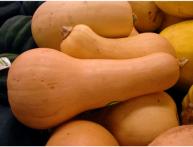
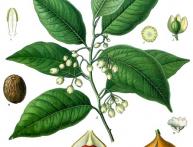
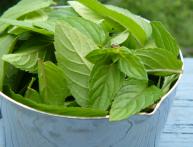
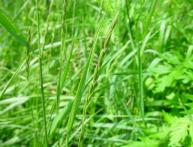
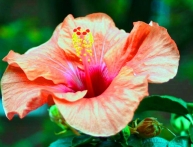

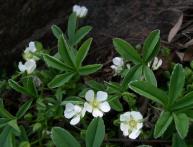
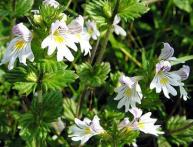
Comments
Thank you for the article. I just don’t understand how to use it? Are there any grains? I read somewhere that adding the root to tea is beneficial. Is it true?